Understanding knee osteoarthritis
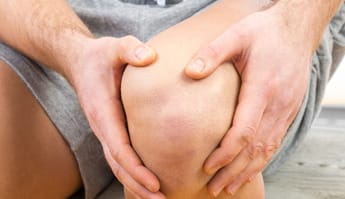
Along with lumbar spine osteoarthritis, knee osteoarthritis is one of the most commonly diagnosed forms of arthritis among people over the age of 65. Also called gonarthrosis, this specific form of osteoarthritis affects more women than men. It results from gradual damage to the cartilage surrounding the knee joint. Cartilage erosion is generally caused by natural ageing as we get older. In this specific case, it is called primitive knee osteoarthritis.
However, where osteoarthritis is caused by one or several external factors, it is said to be “secondary”. Various factors are likely to encourage onset of knee osteoarthritis, such as high-level sport, family history, metabolic diseases etc. Excess weight is also a risk factor for premature knee cartilage wear. Having to withstand too much body weight, the knee joints are subjected to a tremendous ordeal.
Diagnosing knee osteoarthritis
The symptoms of knee osteoarthritis
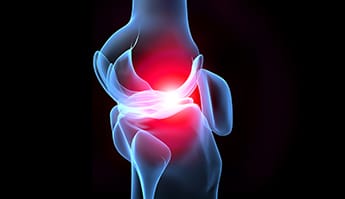
Even if pain and discomfort are the main symptoms of knee osteoarthritis, they are not the only signs of joint damage. Discover all the clinical signs of knee osteoarthritis.
Evaluating your knee osteoarthritis
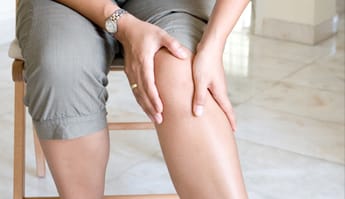
Evaluate the development of your knee osteoarthritis, by filling in a specific questionnaire. By answering, you will receive a total score which will show you the impact of your knee osteoarthritis on your quality-of-life.
Patient story: Daniel, knee and ankle osteoarthritis

When you have knee osteoarthritis, it is important to discuss it with other people to see how they perceive their disease. Listen to a patient that suffers of knee osteoarthritis.
Managing and treating knee osteoarthritis
Knee osteoarthritis: taking good care of your joints
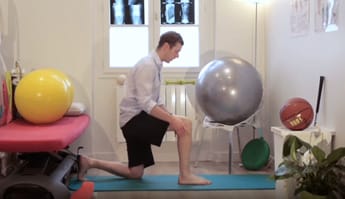
Physical exercise is essential when you have knee osteoarthritis. Here is a video showing various detailed exercises for patients with knee osteoarthritis.
Which drugs can be used to treat knee osteoarthritis?

In combination with regular physical exercise and a healthy, balanced diet, some drugs can slow joint damage and relieve pain. Here are the different medical treatments for knee osteoarthritis in detail.
How to treat knee osteoarthritis with a joint prosthesis?
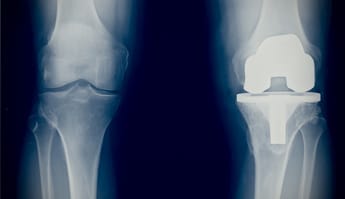
Where medical treatments do not produce sufficiently conclusive results or where the joint is too badly damaged, surgery is a last resort. Discover the different types of knee prosthesis.
Living with knee osteoarthritis: tips for daily living
Living with knee osteoarthritis on a daily basis is not always easy, but it is possible to improve your quality-of-life by adopting certain lifestyle and dietary measures in particular. Making regular exercise or adopting a more balanced diet are, among others, some of the things you can do.







